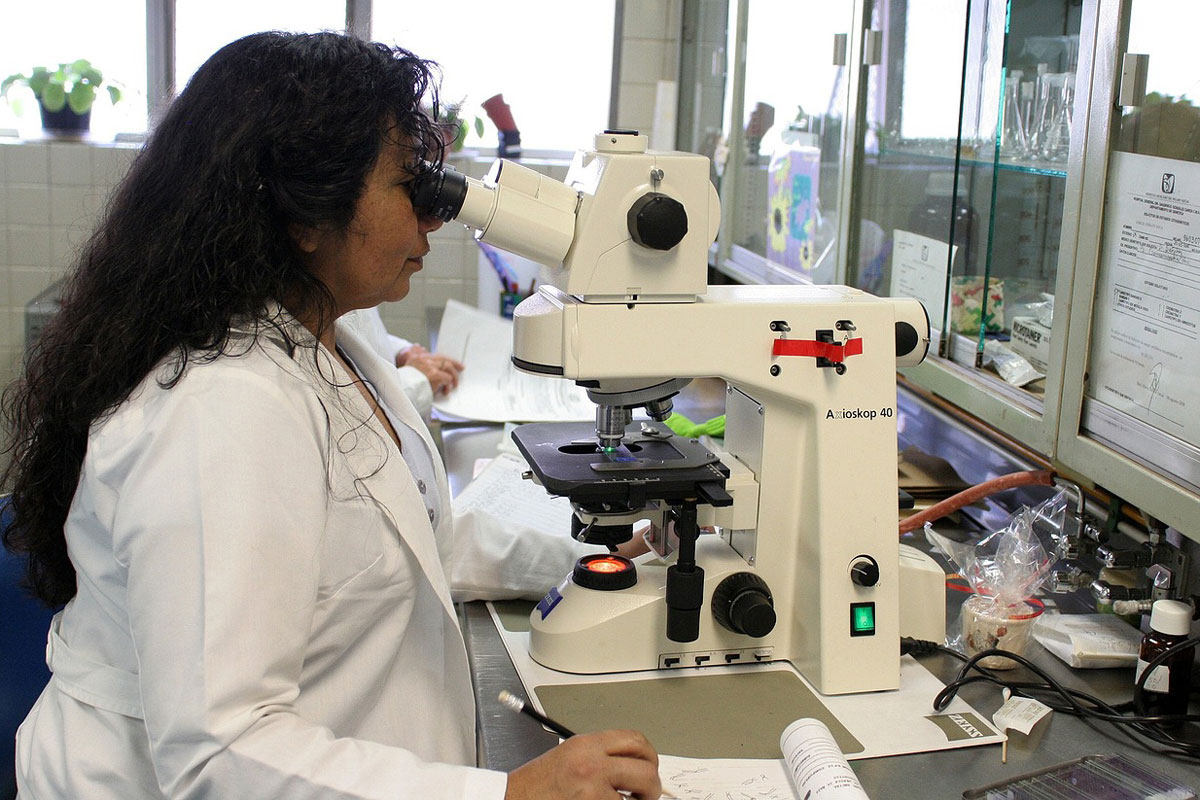Ideology
You can judge what one votes by the science one manipulates

The myth says that science has no ideology. Perhaps science doesn’t, but scientists certainly do. And this is even clearer with lay people, who do not suffer consequences for the accuracy of what they say. Everyone has the right to choose an opinion, but not to choose facts. This sentence, attributed to several people during the past century, is a brief explanation of the issue.
James Watson explains how deceived he felt when his teacher Salvador Luria (responsible for the letter L in bacteria-cultivation LB broth) said that politics was more important than science. The reason behind the dispute was Luria’s passivity. He did nothing to prevent the damage done during the seventies by some lobbying groups, who forced the prohibition to research with recombinant DNA at MIT, where he worked as a professor, despite the fact that the prohibition was based on erroneous scientific claims.
The pattern is repeated, whether it is with climate change contrarians, antivaccination groups, AIDS conspiracy theoreticians, or anti-GMO activists: in each of those cases, the scientific texts that support them were sieved through the filter of ideology, which, following Luria’s example, is more important than proof.
All ideologies have found scientific support, even if they had to distort proof. Racism, social Darwinism and egalitarianism, to name a few. The story of Lysenko, written by Zhores Medvedev, was a document that crudely proved the consequences of science being at the service of ideology. The text explains how the combination of bad science and ideology devastated the agriculture of the Soviet Union for decades.
There are all sorts of informations, both in the popular press and in the publications of institutions, where science is put at the service of ideology. With monotonous predictability, left-wing supporters tend to distort biotechnology – GMOs –, and right-wing supporters tend to distort the human impact on climate change. The science they refer to always chooses, manipulates and omits information so the argument fits their ideology.
Greenpeace’s opposition to golden rice might be the most extreme case of how subordinating science to ideology can have immediate consequences on the health of people. Greenpeace’s literature about golden rice is ideological, no matter how much they dress it up in scientific language, and is sabotaging an indisputably humanitarian product.
When science is subordinated to ideology, the result is bad politics and bad science.
REFERENCES
Medvedev, Z. A. (1969). The rise and fall of T. D. Lysenko. New York: Columbia University Press.
Mulet, J. M. Greenpeace y el arroz dorado: Historia de una infamia. Retrieved 2 May, 2015, from http://jmmulet.naukas.com/2014/06/09/greenpeace-y-el-arroz-dorado-historia-de-una-infamia/
Watson, J. D. (2001). A passion for DNA. Cold Spring Harbor: Cold Spring Harbor Laboratory Press.





